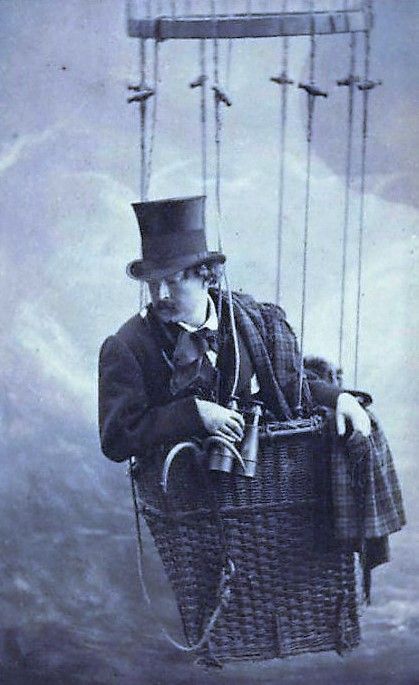When I am involved in a selection process for placing an employee into an evolving role in a growing organization, the employer will often ask about the growth and development trajectories of their candidates. Which will evolve into a CEO? Which will evolve into a Director role? This is a particularly important issue when hires are made for startups or for companies in a rapid growth cycle where assignments change readily and rapidly.
Elliot Jaques made a superb case for the time horizon - the vision of the individual - and their development potential for a role in an organizational hierarchy. I'm not talking about knowledge, or skills, or emotional intelligence or technical expertise; I'm talking about roles within organizational structures that have a requirement for strategic thinking and the planning capability and vision of the roles. Jaques called this the "time horizon," and consultants that implement his framework place people into bands that anticipate their growth using complex interview and other assessment methods and tools. I'm offering a simple and efficient set of three questions and an efficient way to place the person into the matrix that will become the growth and development agenda for individuals and for the whole organization.
Every work assignment carries a time frame within it. How long does it take from initiation of the assignment to complete it? Is it as simple as generating as many lines of elegant code as possible every day? Is it as complex as assigning tasks to teammates so the coding project is completed by the end of the second quarter? Is it as essential as building the organizational infrastructure of our so we can deliver a working prototype of our product within this annual cycle? Is it as comprehensive as preparing us for an IPO in the next two years? You'll note that the time horizon changes - and it is the time horizon that counts.
To get at this, the first question I propose is that you ask "Describe your current work assignments do you enjoy most? The response with its implicit time horizon is an indicator of the candidate's "current operational capacity." The second question is "Describe an assignment you find difficult and challenging, but rewarding in the long run?" The response is an indicator of the candidate's "developmental capacity" - the time horizon for a training and development agenda for the candidate's next role. The third question is "When you think about what remains to be done by this organization, even if it is not a part of your job or responsibility, what is it, and how would you contribute? The response is an indication of the "end-point capacity" or the developmental trajectory for the candidate's career.
Like any shortcut, these three questions are not fool proof, but they will give you an initial marker. It is up to you to balance current priorities, your candidate pool, your budget, and your organizational growth plans so you can hire and place folks so you have them in the "right seats on the bus" and are developing a bench to succeed in the long run.
